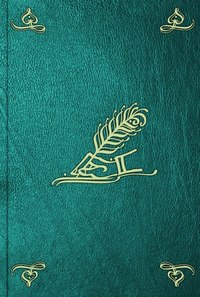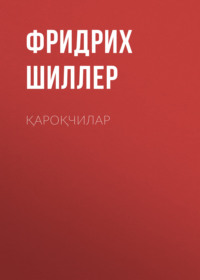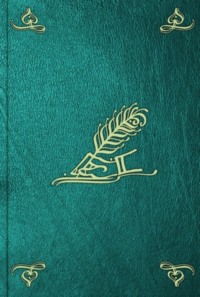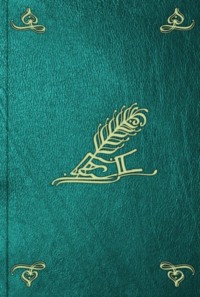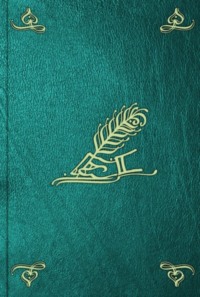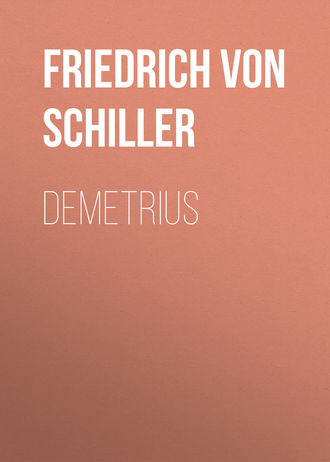 полная версия
полная версияDemetrius

Friedrich Schiller
Demetrius: A Play
ACT I
SCENE I
THE DIET AT CRACOW.
On the rising of the curtain the Polish Diet is discovered, seated in the great senate hall. On a raised platform, elevated by three steps, and surmounted by a canopy, is the imperial throne, the escutcheons of Poland and Lithuania suspended on each side. The KING seated upon the throne; on his right and left hand his ten royal officers standing on the platform. Below the platform the BISHOPS, PALATINES, and CASTELLANS seated on each side of the stage.
Opposite to these stand the Provincial DEPUTIES, in a double line, uncovered. All armed. The ARCHBISHOP OF GNESEN, as the primate of the kingdom, is seated next the proscenium; his chaplain behind him, bearing a golden cross.
ARCHBISHOP OF GNESENThus then hath this tempestuous Diet been Conducted safely to a prosperous close; And king and commons part as cordial friends. The nobles have consented to disarm, And straight disband the dangerous Rocoss1; Whilst our good king his sacred word has pledged, That every just complaint shall have redress. And now that all is peace at home, we may Look to the things that claim our care abroad. Is it the will of the most high Estates That Prince Demetrius, who hath advanced A claim to Russia's crown, as Ivan's son, Should at their bar appear, and in the face Of this august assembly prove his right?CASTELLAN OF CRACOW Honor and justice both demand he should; It were unseemly to refuse his prayer.BISHOP OF WERMELAND The documents on which he rests have been Examined, and are found authentic. We May give him audience.SEVERAL DEPUTIES Nay! We must, we must!LEO SAPIEHA To hear is to admit his right.ODOWALSKY And not To hear is to reject his claims unheard.ARCHBISHOP OF GNESEN Is it your will that he have audience? I ask it for the second time – and third.IMPERIAL CHANCELLOR Let him stand forth before our throne!SENATORS And speak!DEPUTIES Yes, yes! Let him be heard

